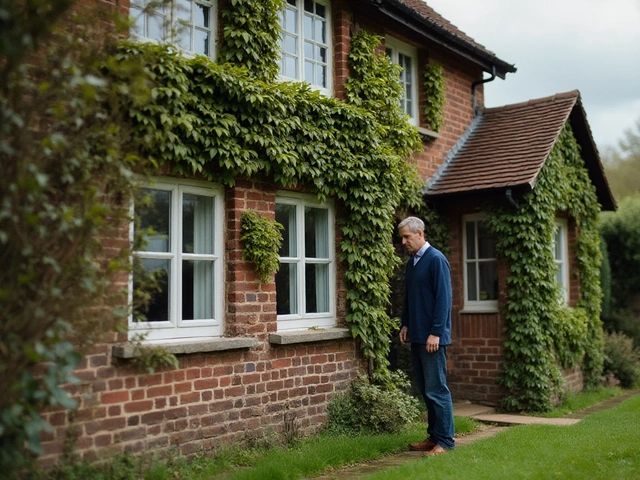Contractor Tips: Real‑World Advice You Can Use Today
If you’re a builder, a DIY enthusiast, or just someone who wants a solid home, you need tips that actually work. Forget theory – we’re talking about what you see on the job site, what saves you money, and what keeps a project from falling apart.
Getting the Basics Right
Start with the foundation. A small crack can turn into a big problem if you ignore it. Look for cracks wider than a quarter inch, movement in doors, or uneven floors. If you spot any of these, call a structural engineer before you pour more concrete. It’s cheaper to fix a problem early than to replace a whole slab later.
Next, think about drainage. Water pooling around a house is a silent killer. Grade the soil away from the walls at a slope of at least 5% for the first 6‑10 feet. Install a French drain or a simple weeping tile if the ground stays soggy. Good drainage protects both the foundation and the basement.
Advanced Tips for Saving Money
When you hire a roofer, ask for a per‑square breakdown and what’s included. Materials, underlayment, removal of old shingles, and disposal are all separate line items. Knowing each cost helps you compare quotes without surprise fees.
Dry‑fit your kitchen before the final install. Lay out cabinets, appliances, and plumbing rough‑in in a mock setup. This catches layout errors early and prevents costly re‑work once walls are closed. The same idea works for bathrooms – dry‑fit fixtures and tile patterns before the grout goes down.
Flooring is another area where a little research saves big bucks. Engineered wood gives you the look of solid timber at a lower price and works better on concrete slabs. Vinyl plank is durable, water‑resistant, and quick to install. Match the material to the room’s traffic and moisture level – you’ll avoid premature replacement.
Finally, don’t underestimate the power of a good contract. List every task, material, timeline, and payment schedule. A clear contract reduces disputes and keeps the project on track. If something changes, add a written amendment so everyone stays on the same page.
These contractor tips are a snapshot of the most common pitfalls and quick wins on a building site. Use them as a checklist on your next project – from digging the footings to hanging the final light fixture. Small, smart choices today mean a stronger, cheaper build tomorrow.
Understanding How a Building Contractor Works

Building contractors are crucial in both small and large-scale construction projects. They manage all the work from planning to execution, ensuring everything goes smoothly and on schedule. Knowing how they operate can save time and money and help in choosing the right contractor. This article delves into the roles, responsibilities, and tips for effectively working with a contractor.
read more



